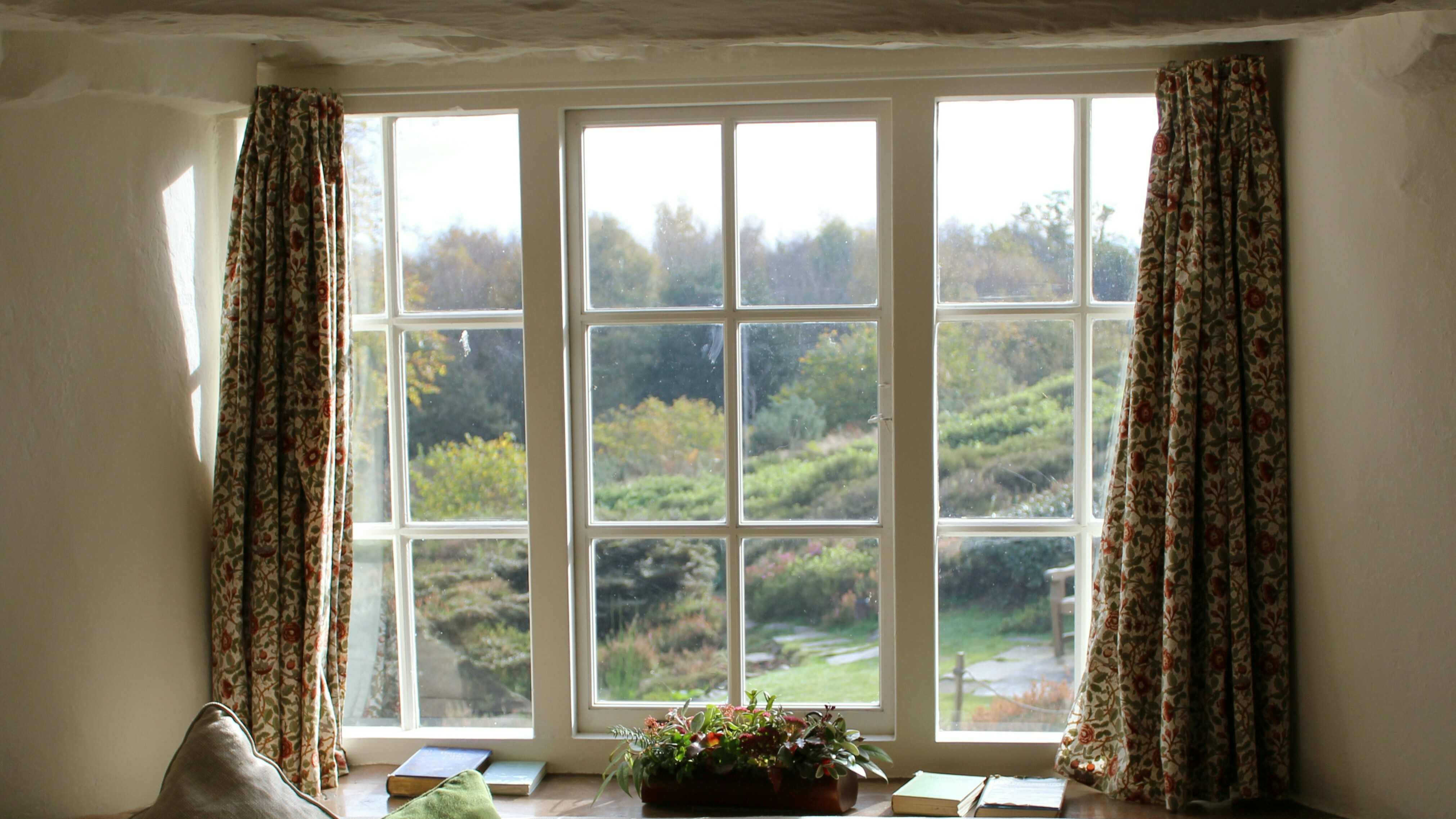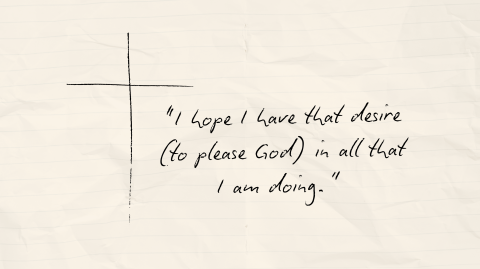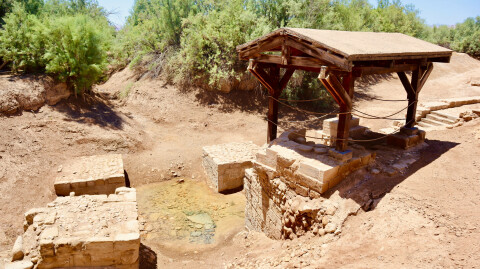TLDR: A story of pain with a beautiful conclusion, remembered in light of our Vacation Bible School 2024. Read below for a truly remarkable lesson.
He was a local pastor in a rural Evangelical church in a country that had fallen into chaos. He had worked very hard to instill a “family-feel” among his membership, although most of his faithful treated non-kin people with suspicion and polite distance. After ten years at the helm, however, communal meals were a weekly occurrence, a Ladies’ Auxiliary cooked breakfast for the impoverished students of his school five days a week, and a Lazarus Builders men’s group dedicated a full day a week to helping neighbors fix their humble huts, which were always in need of repairs. His congregation had members of both ethnic tribes, and over the years, intermarriage had become quite common. Sadly, the government and local powerful leaders had begun inciting the majority ethnic group to participate in a widespread campaign of ethnic cleansing across the country, and he feared for the welfare of his people. The violence had been going on for about five weeks before it touched his church. Majority tribe members of the larger community killed a couple who were members of his congregation, and Sunday school teachers. The homicide was quite public, in the middle of a sunny day, right in front of the family’s hut, as their three children ran for protection into a neighbor’s house. The neighbors were also members of the church and provided immediate safe haven for the three children. When the assailants demanded the return of the children, the neighbors, who were members of the majority tribe, tried to pacify them while waiting for the help of other members of the church. Sadly, by the time people from the village arrived at the hut, the assailants had slaughtered the three children and their two hosts. Similar events happened at three other huts belonging to church members. By the end of that day in June of 1994, the church had lost 17 members, all at the hands of majority tribe members, who were known members of a sister Christian church in a neighboring town.
By the time the Rwandan genocide ended, about two months later, this small church had come to public attention for creating a nearly indestructible “hedge of protection” around all their minority members. They hid them in caves, underground structures, and ghost towns left vacant by those leaving the country. For nearly seven weeks, the humble pastor and his people protected over 300 of their friends and neighbors, sharing their limited resources and risking their own lives in the process. When threatened with death by a local businessman, the pastor kneeled in front of his small sanctuary waiting for the executioner’s machete. He would die, if necessary, rather than disclosing the location of his flock. Seconds before the group of assailants were to carry out their plans, local military officers stormed the church and shot the would-be executioners. The conflict ended days after that event. In total over a million people were killed.
Over the next ten years, the faithful pastor participated in the government’s reluctant “accountability process” which at the end was more a public relations campaign than an actual accountability program. In reality, relatively few people were prosecuted for their crimes and the government quickly entered into a United Nations brokered “Peace and Reconciliation” program. Many experts continue to study the genocide and many books have been written about the mass-hysteria that fueled the tragedy. The Christian Church itself has had to come to grips with the reality that much of the violence was committed by Christians against Christians, sometimes in the same sanctuaries these two tribes had shared for years.
I remembered the story of this faithful pastor today. I played for the children at Vacation Bible School one of their favorite songs, Carasho, by Benny Friedman. As the song started, I recalled the first time a friend from seminary introduced me to the story of this pastor and showed me an old tape of a speech he gave at a church in England. The audience had been ready to hear about atrocities, trauma, anger, and a need for revenge. They wanted the pastor to point the finger to those Christians who had slaughtered his people. They wanted to hear about restitution, accountability, and punishment. And they all expected an appeal for funds to improve life in Rwanda. My friend remembered, “We all brought our checkbooks to church that Sunday.”
Slowly at first, obviously intimidated by the well-to-do crowd, the pastor introduced himself and thanked his hosts. Then he said, “I woke up this morning and I looked out of the window of the excellent accommodations you graciously provided for my wife and me. And I was instantaneously overwhelmed by the beauty of this day. I dropped to my knees in gratitude to God for letting me see such majestic colors, and my heart was filled with joy for the plants and the trees that will benefit from this life-giving rain. Life is truly beautiful and God showers us with the extravagance of his love every day. Over the last ten years, I have learned to love the beauty God places in all his creatures, including those who hurts us. I have no room left for hate. I have no room in my heart for vengeance. I have no room for complaining. My church and I have learned that love is more powerful than fear. There is only room in our hearts for love. Everything else is irrelevant.”
Benny’s song says the following, “I see the sun come up this morning, I hear my children laughing as they play. The trees start singing without warning, ‘it's gonna be a wonderful day.’ You know I got no patience for complaining, to stop and kvetch (complain incessantly) 'bout all the bills I have to pay, cause even when there should be sunshine but it's raining, my feet will dance me to the Kretchma[1] anyway… The blessings, they're coming, but you keep on running. Just stop and sing, ‘Life is good, life is great. It's a chance to celebrate, it's a party, it's a ball, and ain't nothing gonna get me down at all.’” Benny is a deeply devout Orthodox Jew, although he has great appeal among secular and moderate Jews. One of the lines of the song reads as follows, “The Master Plan is more than just a silver lining, it's a golden world created just for you.” Then he turns to prayer and says, “Life is holy, life is pure, and every note I sing it's You I'm singing for. For the blessings in my life… Every hour, every day, every breath I have I'll use only to say, ‘charasho.’” (Good/well/fine/alright, as in “life is good, life is great.”)
What that Pentecostal pastor from Rwanda and Rabbi Benny Friedman are saying is no pie in the sky theology. Neither is negating the fact that life is hard and that often we have to confront violence, financial reversals, health issues, and conflict with others. Rather, what they are saying is that God can be found in darkness as well as in light. Life is a mystery and a miracle, and every day we are alive should be a cause for celebration and rejoicing. Jesus once said, “In this world you will have trouble. But take heart! I have overcome the world.” (John 16:33b.) This is no “Prosperity Gospel” promise. Rather, this is an affirmation that God can be found even in the midst of indescribable pain and suffering.
Regardless of what’s going on in your life today, please stop and take a deep breath. You are surrounded by beauty. Life is good and God loves you in unfathomable ways. May God’s grace continue to be with you and yours today, Amen.
Blessings, Fr. Roman+
[1] “A ‘kretchma’ is a drinking tavern for the ‘goyim’, the peasants specifically. In such institutions, alcohol, typically vodka, was served at reduced prices and often illegally. For all the suffering the Jewish community has experienced… Jews are still able to carve out a relatively happy and prosperous existence as much as they can.” https://www.thetogetherplan.com/echoes-of-jewish-druya/





